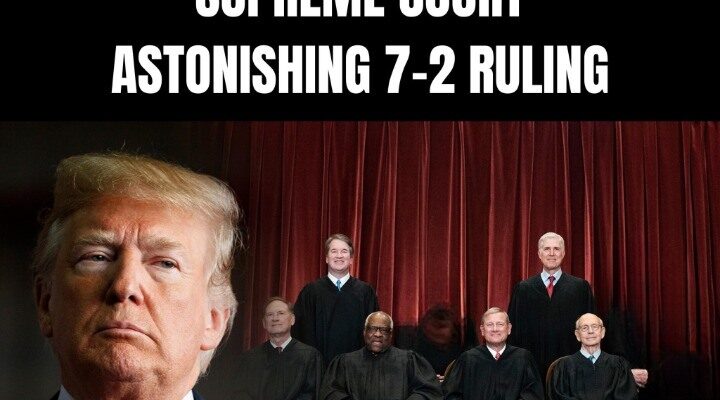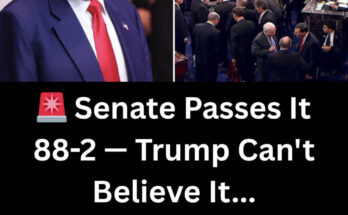The Trump administration, represented by Solicitor General D. John Sauer, argued that Murphy’s procedures were interfering with foreign policy and national security. The administration asked the Supreme Court to lift the injunction, claiming the lower court’s actions undermined executive authority over immigration and diplomacy. In its ruling, the Supreme Court’s conservative majority agreed that the stay on Murphy’s injunction remains in effect, meaning his restrictions cannot be enforced. Justice Elena Kagan concurred, though reluctantly, stating that lower courts cannot enforce an order the Supreme Court has stayed.
Justices Sonia Sotomayor and Ketanji Brown Jackson dissented, criticizing the decision as dangerous and unjustified. Sotomayor warned that the ruling effectively allows the government to send the immigrants to South Sudan, where they may face torture or death. She accused the Court of enabling the executive branch to bypass legal safeguards without proper judicial review. The immigrants are reportedly from Cuba, Vietnam, and Laos.

